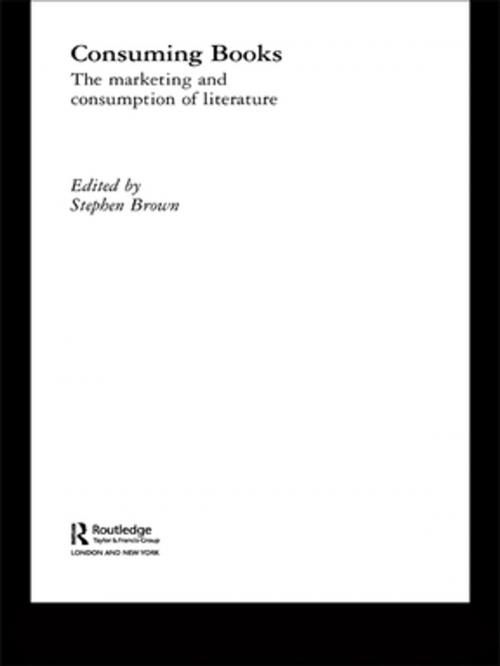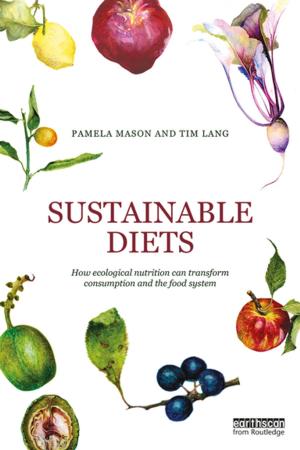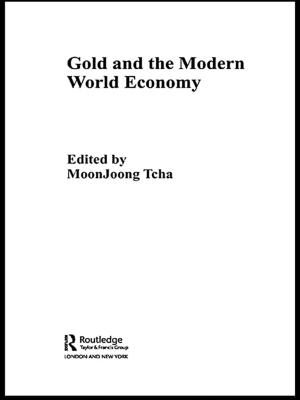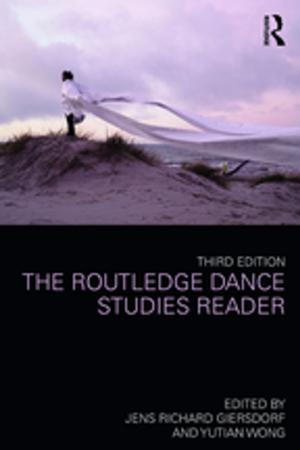Consuming Books
The Marketing and Consumption of Literature
Business & Finance, Management & Leadership, Management, Marketing & Sales| Author: | ISBN: | 9781134209408 | |
| Publisher: | Taylor and Francis | Publication: | April 18, 2006 |
| Imprint: | Routledge | Language: | English |
| Author: | |
| ISBN: | 9781134209408 |
| Publisher: | Taylor and Francis |
| Publication: | April 18, 2006 |
| Imprint: | Routledge |
| Language: | English |
The buying, selling, and writing of books is a colossal industry in which marketing looms large, yet there are very few books which deal with book marketing (how-to texts excepted) and fewer still on book consumption. This innovative text not only rectifies this, but also argues that far from being detached, the book business in fact epitomises today’s Entertainment Economy (fast moving, hit driven, intense competition, rapid technological change, etc.).
Written by an impressive roster of renowned marketing authorities, many with experience of the book trade and all gifted writers in their own right, Consuming Books steps back from the practicalities of book marketing and takes a look at the industry from a broader consumer research perspective. Consisting of sixteen chapters, divided into four loose sections, this key text covers:
* a historical overview
* the often acrimonious marketing/literature interface
* the consumers of books (from book groups to bookcrossing)
* a consideration of the tensions that both literary types and marketers feel.
With something for everyone, Consuming Books not only complements the ‘how-to’ genre but provides the depth that previous studies of book consumption conspicuously lack.
The buying, selling, and writing of books is a colossal industry in which marketing looms large, yet there are very few books which deal with book marketing (how-to texts excepted) and fewer still on book consumption. This innovative text not only rectifies this, but also argues that far from being detached, the book business in fact epitomises today’s Entertainment Economy (fast moving, hit driven, intense competition, rapid technological change, etc.).
Written by an impressive roster of renowned marketing authorities, many with experience of the book trade and all gifted writers in their own right, Consuming Books steps back from the practicalities of book marketing and takes a look at the industry from a broader consumer research perspective. Consisting of sixteen chapters, divided into four loose sections, this key text covers:
* a historical overview
* the often acrimonious marketing/literature interface
* the consumers of books (from book groups to bookcrossing)
* a consideration of the tensions that both literary types and marketers feel.
With something for everyone, Consuming Books not only complements the ‘how-to’ genre but provides the depth that previous studies of book consumption conspicuously lack.















